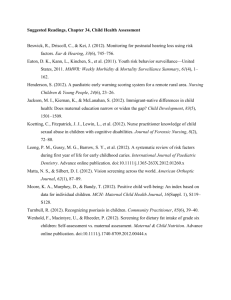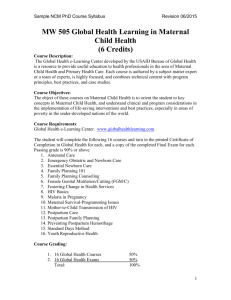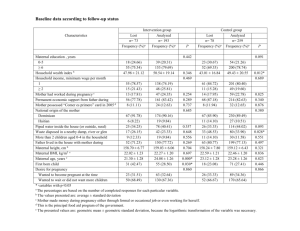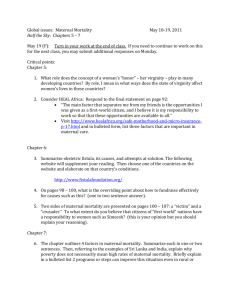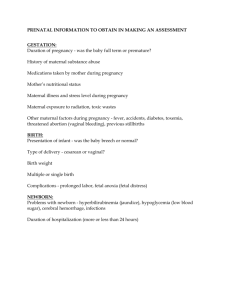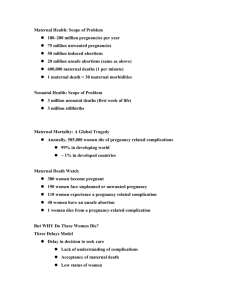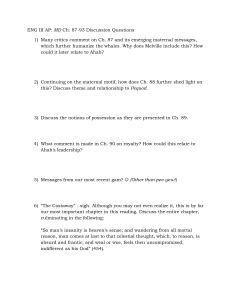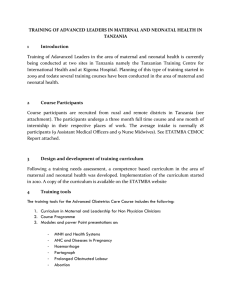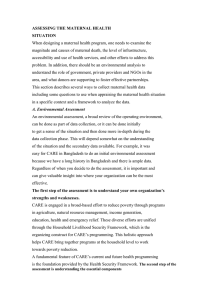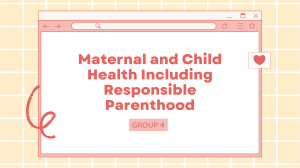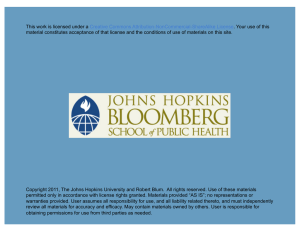Abstract “Black Mothers and the Nation” tracks the ways that texts... States women throughout the nineteenth and twentieth centuries position the...
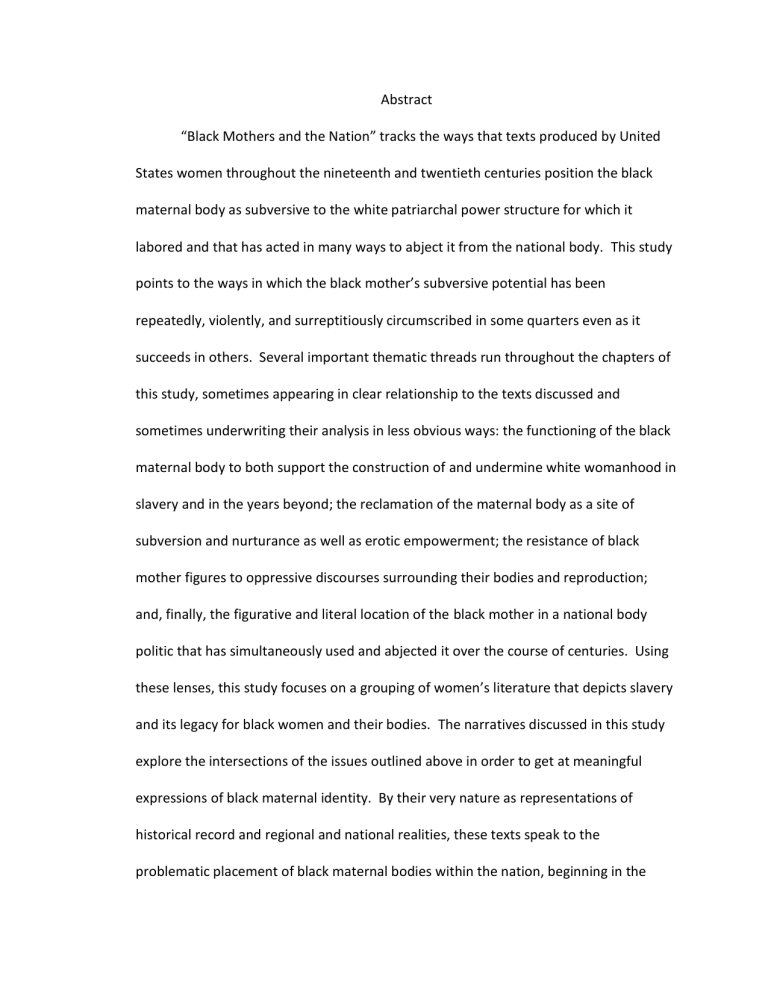
Abstract
“Black Mothers and the Nation” tracks the ways that texts produced by United
States women throughout the nineteenth and twentieth centuries position the black maternal body as subversive to the white patriarchal power structure for which it labored and that has acted in many ways to abject it from the national body. This study points to the ways in which the black mother’s subversive potential has been repeatedly, violently, and surreptitiously circumscribed in some quarters even as it succeeds in others. Several important thematic threads run throughout the chapters of this study, sometimes appearing in clear relationship to the texts discussed and sometimes underwriting their analysis in less obvious ways: the functioning of the black maternal body to both support the construction of and undermine white womanhood in slavery and in the years beyond; the reclamation of the maternal body as a site of subversion and nurturance as well as erotic empowerment; the resistance of black mother figures to oppressive discourses surrounding their bodies and reproduction; and, finally, the figurative and literal location of the black mother in a national body politic that has simultaneously used and abjected it over the course of centuries. Using these lenses, this study focuses on a grouping of women’s literature that depicts slavery and its legacy for black women and their bodies. The narratives discussed in this study explore the intersections of the issues outlined above in order to get at meaningful expressions of black maternal identity. By their very nature as representations of historical record and regional and national realities, these texts speak to the problematic placement of black maternal bodies within the nation, beginning in the
Wolfe 2 antebellum era and continuing through the present; in other words, these slavery,
Reconstruction, and segregation narratives connect personal and physical experiences of maternity to the national body.
